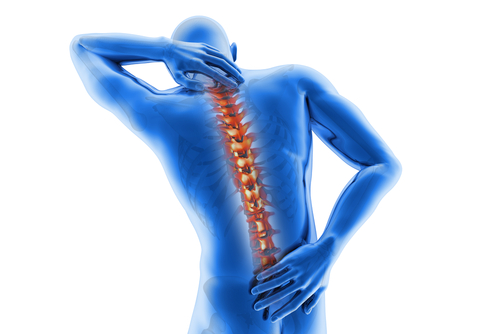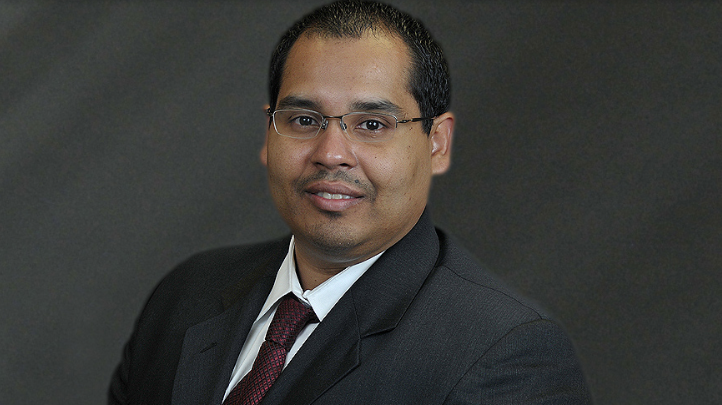
The spine is one of the most important parts of the body. It’s a critical part of the central nervous system, linking the brain with the rest of the body. The spine also relays messages from the brain to the rest of the body– making it possible for the body to move, and for organs to function. That’s why paying close attention to spinal health by creating a spine-friendly working environment is so important.
Spinal injuries may inhibit the function of the spine, but they also cause pain. While many of these minimally invasive spinal surgeries are effective, others can also lead to future issues. In this blog post, we’ll discuss the purpose of spinal revision surgery, and how it rectifies these issues.
The Purpose of Spinal Revision Surgery
Although the initial spinal surgery may be effective in restoring full function, it’s possible for the injury and/or spinal pain to recur. Pain from the original spinal condition should be eliminated after three months. When this is not the case, the orthopedist may recommend that the patient receive spinal revision surgery.
The goal of the spinal revision surgery is to eliminate any of the lingering pain, while also restoring the spine’s condition. Depending on the individual patient, spinal revision surgery may also correct any issues from the original procedure.
Reasons for Spinal Revision Surgery
There are several reasons that a patient might undergo spinal revision surgery.
- Disc herniation: While it’s certainly possible for a second lumbar disc to herniate, there is also the possibility that the first disc could again become herniated. This can unfortunately happen either months or years after the procedure, requiring surgical attention once again.
- Scar tissue: Scar tissue should be expected as a result of the spinal procedure. However, deeper scar tissue may lead to problems in the future.
- Hardware issues: Spinal surgeons use hardware to correct spine issues, but this can occasionally create future problems. When the hardware fractures or moves, it can cause patients tremendous pain. This often requires a hardware removal procedure.
- Bone fragments: When hardware is installed in the spine, it can unfortunately cause the bone to fracture. If this problem is not corrected during the initial procedure, then removing the fragments may require an additional surgery.
The orthopedist will diagnose the source of the pain before beginning the procedure. Depending on the patient’s condition, the orthopedist’s approach may vary. For example, surgical fusion revision surgery might require a bone graft.

Fernando Checo, MD
Dr. Checo is an orthopedic surgeon who specializes in helping patients overcome neck and spinal pain. Having completed his Spine Surgery Fellowship at the New England Baptist Hospital through Tufts University, Dr. Checo has developed an expertise in performing several spinal surgeries. In addition to revisions, he is also skilled in helping patients overcome pain from scoliosis, flat back syndrome, and tumors through surgical means.
Throughout his orthopedic surgery education and career, Dr. Checo has paid close attention to the needs of the local and global community. During his time at the New England Musculoskeletal Institute, Fernando Checo, MD performed foot exams and distributed footwear to the less fortunate. In 2016, Dr. Checo participated in a World Spine Outreach project in the Dominican Republic, during which he trained local physicians about new surgical techniques, and performed complex scoliosis surgeries on children.
Pain Management Following Spinal Revision Surgery
As with other types of surgery, patients who undergo spinal revision procedures must be careful during the following weeks. To fully recover, the patient may require a brace or collar, which provides the spine with extra support. The recovery period varies by patient, but generally lasts between 6 weeks and 3 months. An orthopedist will monitor your recovery, and keep you updated on when you can return to sports following your spinal surgery.
Spinal Care for Sports Injuries
Patients who suffer from back pain or another sports injury should always consult an orthopedist. At The Central Orthopedic Group, our team is always available to help you overcome this pain. Contact one of our offices to schedule an appointment and begin your road to recovery.
